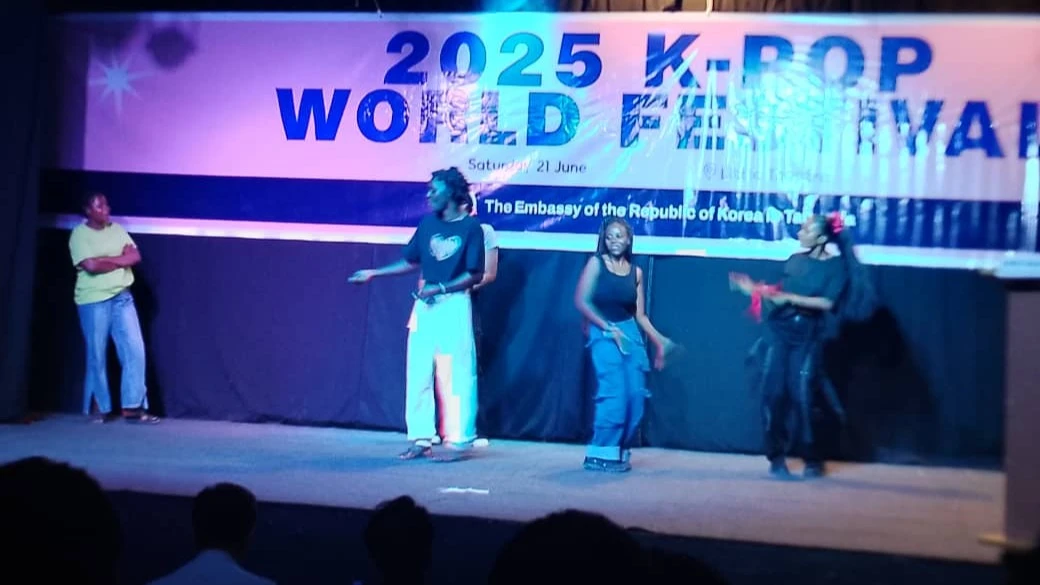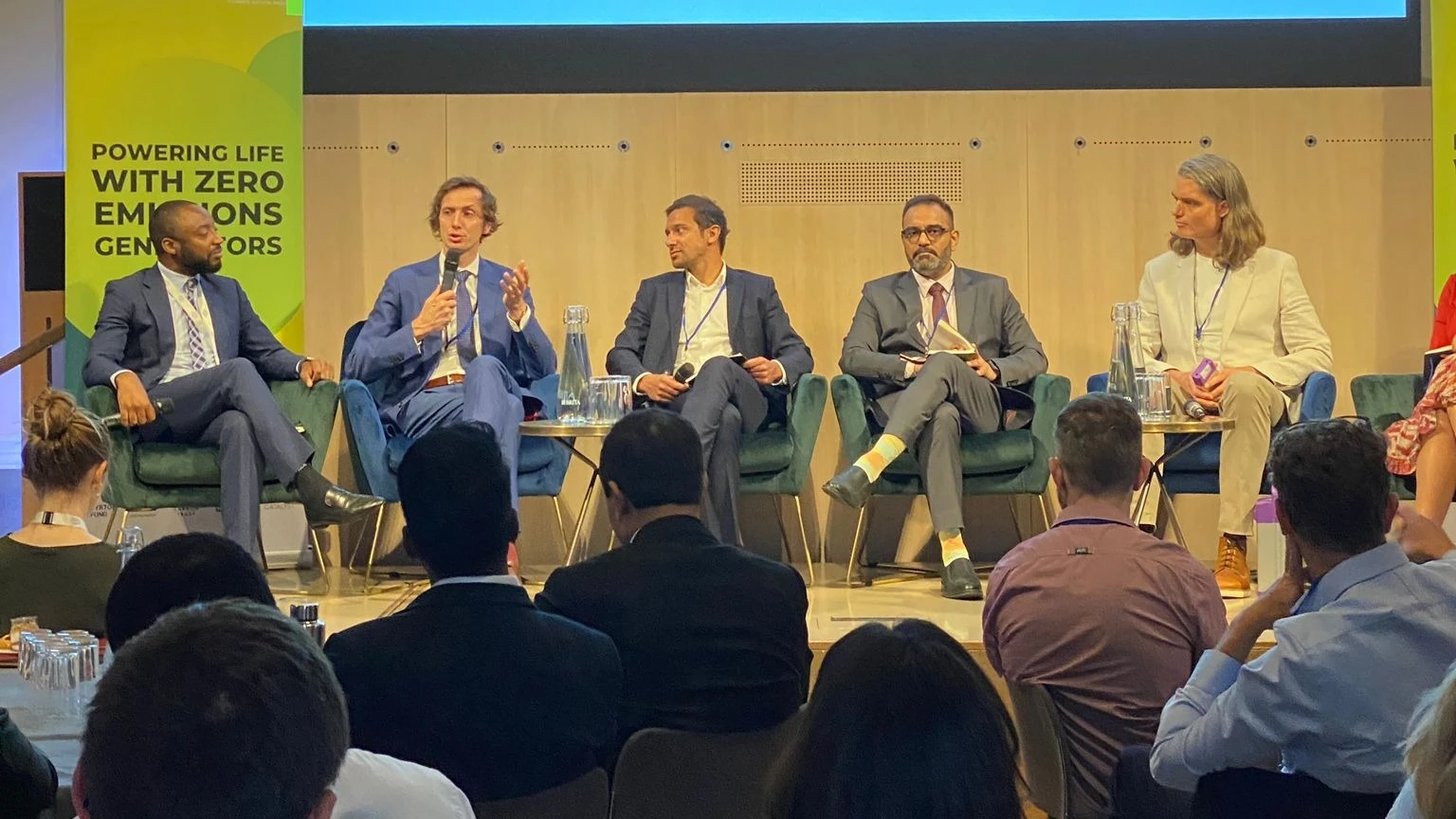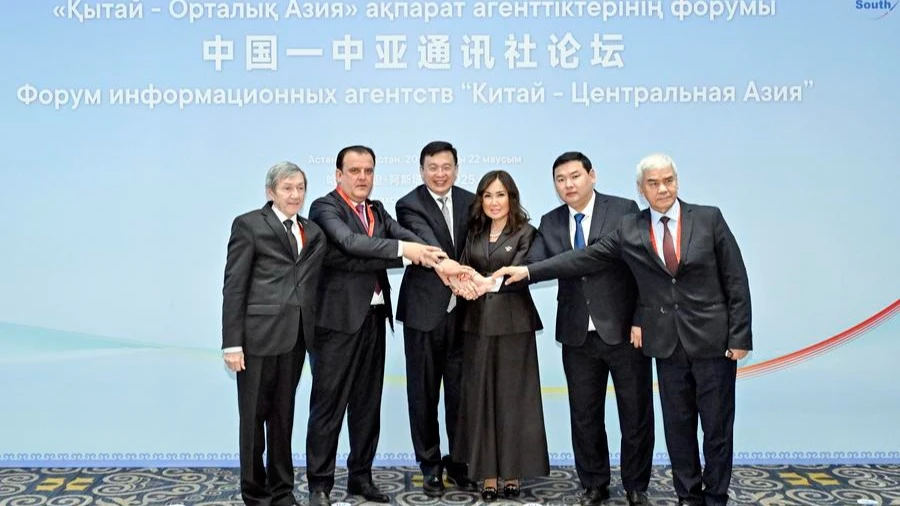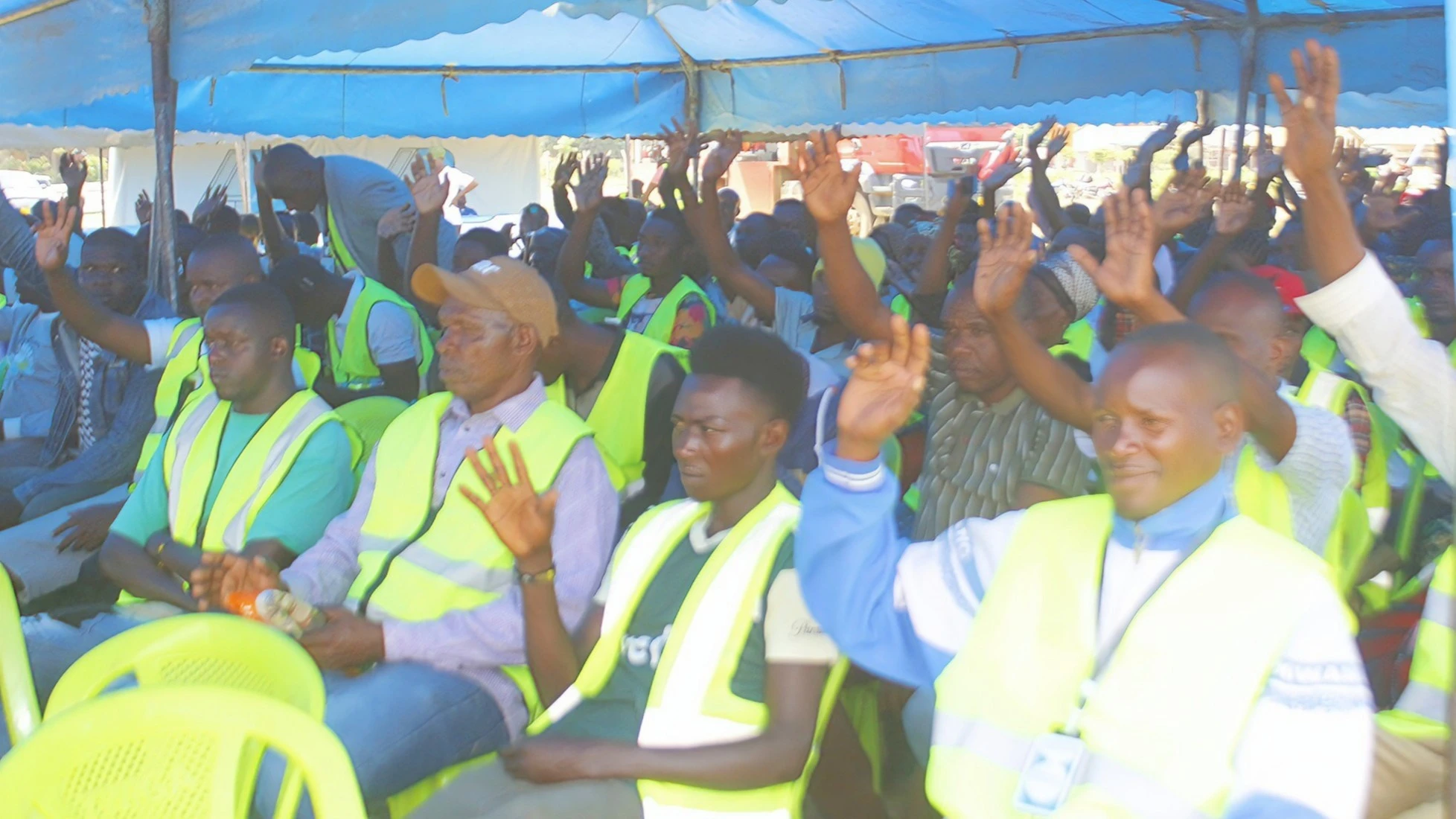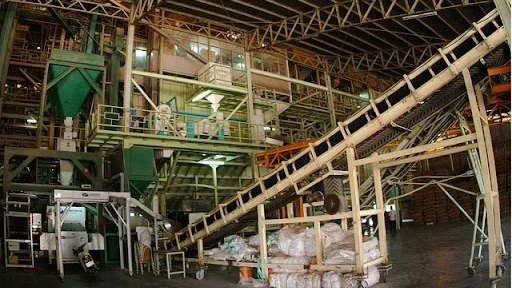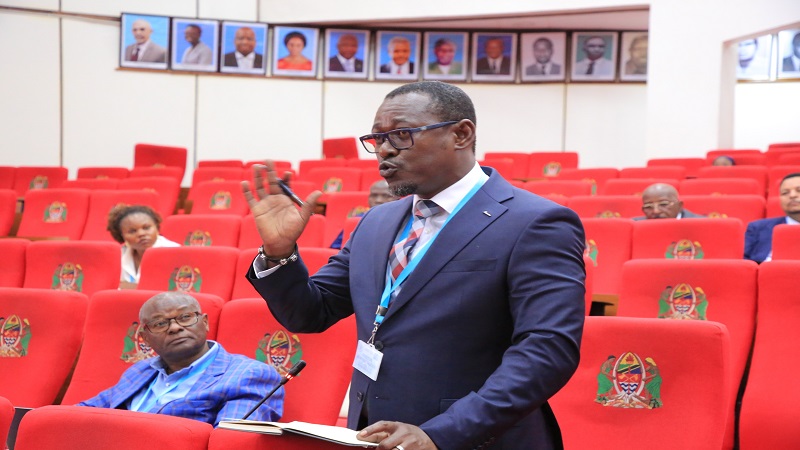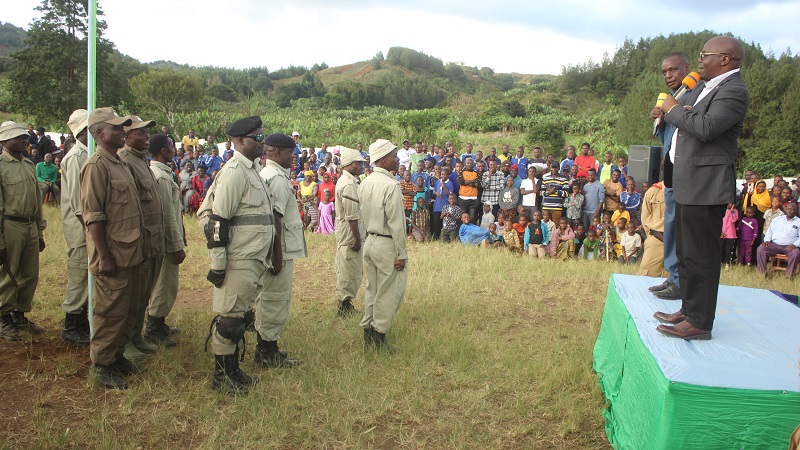ATE, development partners team-up to address skills gap for young employee

The Association of Tanzania Employers (ATE), the Trade Union Congress of Tanzania (TUCTA) and the Danish Labour Market consortium have reached a common ground of joining forces to address skills gaps among new and existing employees in the private and public sectors.
The common ground on the way forward was met last Friday in Dar es Salaam at a high-level conference themed ‘Skills Development for Decent Employment and Just Transition through Social Dialogue”.
The meeting brought together key stakeholders in Technical and Vocational Education and Training (TVET), industry, trade unions, and relevant government agencies for a two-day conference.
The two-day forum facilitated knowledge exchange, experience sharing, and collaborative engagement on just transition, highlighting the role of social partners in skills development for employment.
ATE chief executive officer Suzanne Ndomba-Doran said in a country that is pushing for industrialisation, there is an urgent need for vocational training institutes to develop a dynamic skilled labour force that comfortably meets the ever growing expectations of employers in Tanzania.
She said for too far too long what the trainees learn and what the industries require are not aligned whether with the practical knowledge attained or skills learnt.
Ndomba-Doran explained that the main objective of the forum was to facilitate the exchange of experiences, share best practices and lessons learned among participants on demand driven TVET models as a key factor in decent job creation, gender inclusion and green and just transition.
The CEO added that through the strengthening of social dialogues and collaborations it is possible to improve bipartite (employers and workers) and tripartite (employers, workers, and governments) cooperations to enhance apprenticeship and decent job frameworks especially for youth.
Last year ATE in collaboration with TUCTA and support from Danish Industry (DI) and the Danish Trade Union Development Agency (DTDA), concluded a three-year project last year focused on Skills Development and Youth Employability.
The initiative addressed the mismatch between skills supply and labour market demands, while enhancing the employability of Tanzanian youth.
Under this project 1,098 youth were trained across four trades: Fitter Mechanics, Industrial and Domestic Electrical Installation, Food Production, Refrigeration and Air Conditioning, alongside upskilling programmes for youth in both formal and informal sectors.
The aim was to align skills and knowledge of the trainees with employer expectations.
As part of the project 67 employees were trained in apprenticeship onboarding, gender inclusion training, and sessions on safe workplace practices through joint visits to employers and training institutions in Dar es Salaam and Morogoro, to assess apprenticeship progress.
To further expand the outreach 12 Memoranda of Understanding (MoUs) were signed between Business Membership Organisations and TVET institutions, establishing formal partnerships for industrial training, curriculum alignment, and apprenticeship placements.
In a related development ATE signed an MoU with the VETA Head Office to expand cooperation nationwide across all 78 VETA training institutions.
This development ensures a sustained collaboration between the private sector and public training institutions beyond the project duration.
Engagement with key national bodies was a key component of the project and stakeholders included the Ministry responsible for Labour, Employment, Youth and Persons with Disabilities, the Ministry of Education, Science and Technology, the National Council for Technical and Vocational Education and Training (NACTVET), and the Vocational Education and Training Authority (VETA).
Expected outcomes from the conference include, showcasing and enhancing the understanding of the LMC TVET Approach and its adaptability to various regions.
Stakeholders within the TVET eco-system such as industry, government and trade unions provide practical recommendations for improving skills development and work-based learning. For continuity, participants are expected to establish a network for dialogue and engagement in TVET.
On his part, guest of honor Prof. Adolf Mkenda, Minister of Education, Science and Technology said that the ministry’s priorities in education, science, and technology are expanding access to quality education and training at all levels, including TVET.
Others are strengthening STEM education, research, and innovation to support industrialization, enhancing equity for girls and young women in science and vocational training, promoting ICT integration in both teaching and administration; and aligning education with the demands of the labour market.
“As we reflect on the theme of ‘Skills Development for Decent Employment and Just Transition through Social Dialogue’, we must remember that the future belongs to those who are prepared, and preparation means equipping our youth with not only technical skills but also soft skills, ethics, and a lifelong learning mindset,” he said.
The conference brought together TVET representatives from Tanzania, Kenya, Uganda, Ghana, Malawi, Burundi, Rwanda, and South Africa, as well as government officials from TVET regulatory bodies and Ministries, Industry representatives and business associations, Trade union leaders and labour organisations, TVET institutions and training providers and Development partners.
Top Headlines
© 2025 IPPMEDIA.COM. ALL RIGHTS RESERVED











